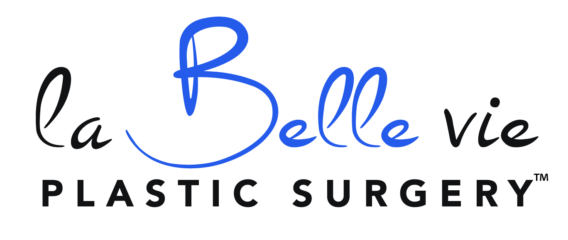In recent years, achieving a well-defined jawline has become a significant beauty goal for many. With advancements in cosmetic procedures, non-surgical options like jawline fillers have gained popularity due to their less invasive nature than surgical jawline contouring. At La Belle Vie Plastic Surgery, we use high-quality products like Juvederm to help you achieve the…



If you’re considering breast augmentation surgery, or you know somebody who is, then it pays to be informed about what the procedure involves, how long recovery takes, and if there are any long-term side effects. Many people choose breast augmentation procedures to enhance the appearance of their breasts, but it’s not all cosmetic. There’s a lot of information out there on this procedure, some that
Second Most Popular Plastic Surgery Procedure In The US
Although breast augmentation may seem like a radical procedure, it is surprisingly popular. Top of the list is liposuction, where doctors place a device under the skin to remove excess subcutaneous fat, but next is breast augmentation, with more than 350,000 procedures performed every year in the US. The number of women undergoing breast augmentation more than tripled between 1997 and 2014, according to the most recent data.
Probably Won’t Be Your Last Surgery
It appears that once you’ve had one plastic surgery procedure, you’re more likely to have another. One reason for this is that breast implants don’t last forever. On average, silicone implants last around 15 to 20 years. After a while, they will begin to lose their shape (due to changes in the material and the rest of your body) and so will need to be replaced.
Most People Take 5 To 7 Days Off Work
As with all surgeries, there’s a recovery period. Most people have to take between five days and a week off work following a procedure because of soreness.
Exercise Is Restricted After Surgery
When it comes to exercise after having breast augmentation surgery, the main concern is overactivation of the pectoral muscles – the fans of muscle which sit directly under or often on top of the breasts. After an implant, the body creates a capsule around it; a protective film of tissue which separates the body from the implant. This process begins immediately, but it takes several weeks to complete, and during that time, the surrounding tissue can be tender and sore. Over-activating the pectoral muscle, such as during resistance training, can interrupt the process of capsule formation, causing recovery to take longer. People who have just received breast augmentation surgery should, therefore, refrain from strenuous physical activity or activation of the pectoral muscles for about six weeks following surgery.
Most Women Can Still Breastfeed After Implants
Dr. Jeff Church is highly skilled at inserting breast implants. Damage to the milk ducts is extremely rare and the vast majority of women can successfully breastfeed after breast augmentation.
They May Sit High Up On Your Chest
Breast implants have a tendency to appear to sit “too high” on the chest after surgery. Initially the chest muscle will remain tight, pushing the implant upwards and outwards, making it appear to sit above the normal range of your breast. Over time, the muscle will relax and settle down, allowing the implant to sink into the regular position. Gravity can also play a role, and it can take up to three months for implants to settle.
Nipples May Look Different
Because of the additional outward pressure exerted on the skin in and around the nipple, the appearance of nipples can change after breast augmentation. Your nipples may look slightly stretched, depending on how the pressure is operating. This change is normal and usually settles down within a few weeks as the tissue around the implant adjusts.
Surgery Takes 1 To 2 Hours
Breast augmentation surgery is a common procedure. As a result, specialists have researched the best methods and landed on a formula which works exceptionally well in the vast majority of cases. Breast augmentation procedures usually take between one and two hours, with the average length of time in theatre falling in the middle. Sophisticated technologies mean that there is generally minimal scarring and natural-looking results.
Breast Implants Require Monitoring
Although today’s breast augmentation procedures are usually safe and effective, it’s vital to monitor implants after surgery. Complications can and do arise.
Capsular contracture is the name given to the condition in which the capsule that forms around the implant becomes tight, creates scar tissue and squeezes the implant. This can change the implant shape, altering the aesthetics.
It is also possible for the implant to rupture or deflate, leading to changes in breast shape and size.
If you choose to undergo breast augmentation surgery, then monitoring will be required. If you have any questions or would like to schedule a consultation then contact us today!



